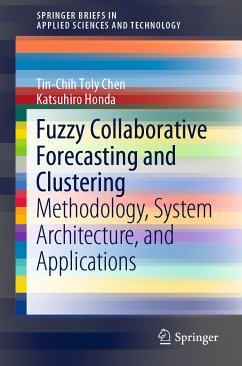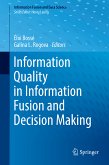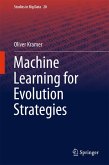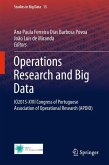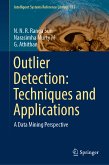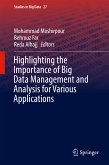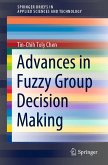This book introduces the basic concepts of fuzzy collaborative forecasting and clustering, including its methodology, system architecture, and applications. It demonstrates how dealing with disparate data sources is becoming more and more popular due to the increasing spread of internet applications. The book proposes the concepts of collaborative computing intelligence and collaborative fuzzy modeling, and establishes several so-called fuzzy collaborative systems. It shows how technical constraints, security issues, and privacy considerations often limit access to some sources. This book is a valuable source of information for postgraduates, researchers and fuzzy control system developers, as it presents a very effective fuzzy approach that can deal with disparate data sources, big data, and multiple expert decision making.
Dieser Download kann aus rechtlichen Gründen nur mit Rechnungsadresse in A, B, BG, CY, CZ, D, DK, EW, E, FIN, F, GR, HR, H, IRL, I, LT, L, LR, M, NL, PL, P, R, S, SLO, SK ausgeliefert werden.
Es gelten unsere Allgemeinen Geschäftsbedingungen: www.buecher.de/agb
Impressum
www.buecher.de ist ein Internetauftritt der buecher.de internetstores GmbH
Geschäftsführung: Monica Sawhney | Roland Kölbl | Günter Hilger
Sitz der Gesellschaft: Batheyer Straße 115 - 117, 58099 Hagen
Postanschrift: Bürgermeister-Wegele-Str. 12, 86167 Augsburg
Amtsgericht Hagen HRB 13257
Steuernummer: 321/5800/1497
USt-IdNr: DE450055826
Bitte wählen Sie Ihr Anliegen aus.
Rechnungen
Retourenschein anfordern
Bestellstatus
Storno

